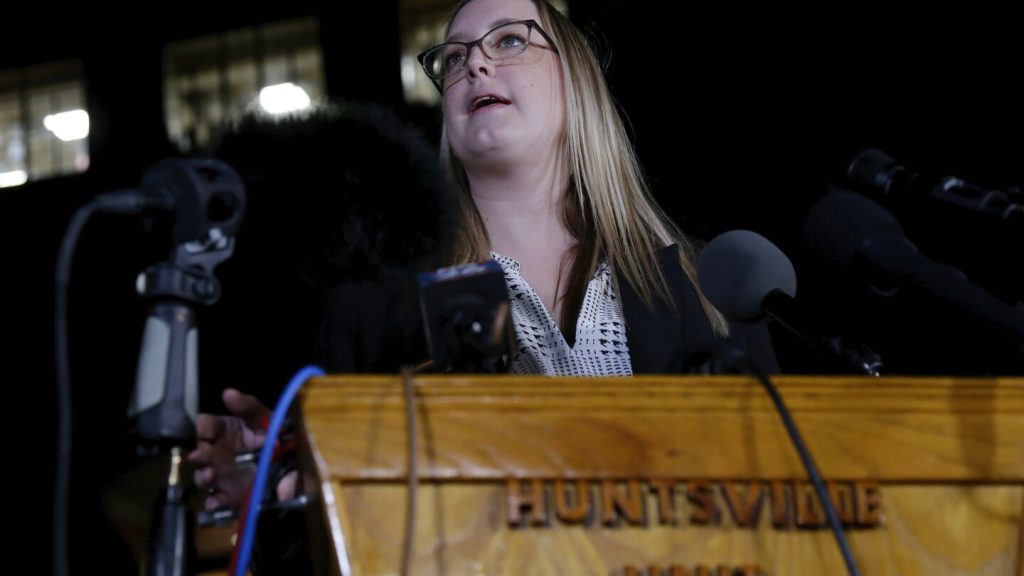Robert Roberson is facing execution in Texas for the murder of his 2-year-old daughter in 2002, based on a diagnosis of shaken baby syndrome. Despite multiple rejections from state parole board, lower courts, and the U.S. Supreme Court, a group of bipartisan lawmakers issued a subpoena for Roberson to testify before a House committee, causing a temporary restraining order to delay his execution. This unconventional method led to the Texas Supreme Court upholding the order, marking a rare instance of an execution being stopped by a civil court.
The Texas House Criminal Jurisprudence Committee intervened by issuing a subpoena for Roberson to testify before them, seeking to delay the execution and investigate whether a 2013 law allowing prisoners to challenge their convictions based on new scientific evidence was ignored in his case. While the U.S. Supreme Court rejected Roberson’s request to stay the execution, the Texas Supreme Court’s decision to uphold the temporary restraining order provided a temporary reprieve, allowing Roberson to testify before the committee on Monday.
Roberson’s case revolves around the conflicting narratives of whether his daughter, Nikki Curtis, died from injuries related to shaken baby syndrome or complications from severe pneumonia. His supporters argue that medical experts misdiagnosed the cause of death, leading to an unjust conviction based on outdated scientific evidence. The district attorney, Allyson Mitchell, maintains that Curtis was abused by her father, supporting the prosecution’s case.
After Roberson testifies before the House committee on Monday, there is a possibility that a new execution date could be set by Mitchell. However, under Texas law, a new execution could not take place until about 90 days after a judge sets a new date, potentially delaying any future execution until 2025. Roberson’s legal team, including the Innocence Project, continues to push for a new trial based on the new evidence and the lawmakers’ efforts to delay the execution.
The use of a subpoena by lawmakers to delay an execution in Texas is highly unusual and unprecedented, showcasing the extraordinary measures taken to prevent Roberson’s lethal injection. While the Texas Supreme Court recognized the civil law implications of compelling a witness to testify, the fate of Roberson remains uncertain despite the temporary reprieve. The legal battle surrounding Roberson’s case highlights the complexities and challenges in capital punishment cases, especially when new evidence emerges challenging the original conviction.


